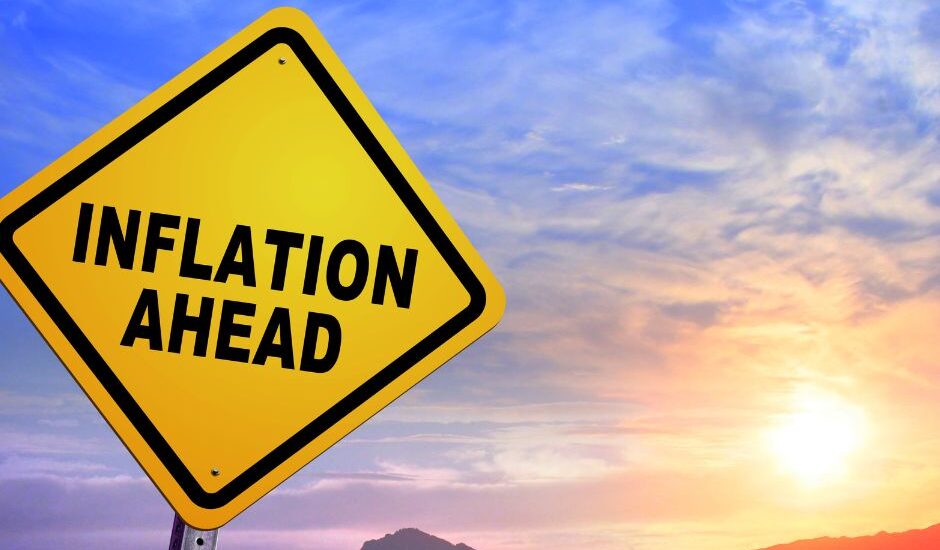Those handling household budgets should have realized by now that for the same amount of groceries, the total bill is disappointingly higher than before. With salaries not increasing at the same pace, how could one’s budget cope?

Tips on how to beat inflation in Japan, weakening Yen, and rising costs everywhere
Here are a few tips for tackling rising costs and hopefully riding out this inflation wave.
Prepare your wallets because food items and utility bills are expected to peak in October in Japan. It has been reported that prices for over 6,500 food items, gas bills, and fire insurance premiums will increase at an even higher rate than in August, which already beat a three-decade record.
For example, Kewpie Corp, a household staple brand, confirmed it would increase prices for 93 items from 2 to 20 percent beginning October 1. Yes, our favorite mayonnaise is included in the list.

You might think that eating out in Japan is relatively cheap compared to other countries where families opt to cook at home when trying to save money. However, even conveyer sushi chains admitted they could no longer keep prices at the budget-friendly ¥100 (plus tax) range and will start increasing prices to cover costs.
With that said, it’s time to swallow those impulse shopping cravings and time to track expenses if you haven’t already.
Plan out your meals and stick to a budget
Food is often the biggest part of a household budget and needs the most planning to ensure minimal wastage. Whether you cook at home or eat out frequently, you can still budget your meals and avoid unnecessary purchases.
The easiest way to do this is to plan out your menu for the week and only purchase the ingredients you need from a wholesale supermarket. OK Supermarket, with its catchphrase “everyday low price,” is a good place to buy ingredients that would otherwise be three times more expensive at, let’s say, Seijo Ishii.
You can also invest in good containers, do a bit more research, and meal prep your food for those lazy days. For example, our freezer is always full of containers with homemade ragu, meatballs, spinach-ricotta ravioli, and the like, which take minimal preparation but taste even better than in a restaurant.
The goal here isn’t to avoid eating outside altogether because it’s still nice not to have to clean after cooking. The point is to plan out your weekly menu so you can make strict-to-budget purchases, avoid food wastage, enjoy a nice dinner at a restaurant, and keep an eye on your budget spending.

Become a point card addict and watch out for campaigns
When battling rising costs, savings in all shapes and forms becomes your goal. Point cards should be your best friend as a consumer, even though they can make your wallet annoyingly thick. Just imagine that with every scan of that T-Point, R-Point, Ponta, D-Point, Nanaco, or any other discount card, you get a small return which will add up and save you some cash in the long run. You can also look for campaigns such as double points for certain items, which are usually already on your grocery list.
Winter is coming
Electricity bills skyrocket during wintertime because of the need for heat through the air or a good hot soak in the bathtub. Even though it’s inevitable to see higher utility bills during the cold months, you can save through other means, such as wearing warm clothes, keeping your AC at 20℃ for optimal energy saving, or even reusing gray water for plants (as long as you didn’t drop a bath bomb in there!)
Another trick is to keep all activities in one room, when possible, so you don’t have to turn on multiple heaters. You can switch to blackout curtains that trap heat, clean your AC filter to ensure it operates properly, adjust your refrigerator temperature since it’s already cold, or close the toilet cover to keep the heated seat from working on the clock. There are many ways to avoid feeling the pinch when you see your electricity or gas bill in the coming months.

Use the weak Yen to your advantage
If you’re like me and work with international clients who send payments in dollars, you have the better end of the deal because the weak Japanese Yen means you get more. However, sending money abroad becomes an issue.
One tip I implement is planning my transfers in advance and avoiding or minimizing currency exchanges because there is a lot of loss through the back-and-forth transfers. For example, you can use third-party money transfer platforms like Wise to reduce exchange losses.
I can’t tout Wise enough because it has already saved me so much money as I receive and send money in various currencies. What’s more, Wise works as an online wallet so you can keep your income in USD, ready to be sent out when needed, without losing valuable earnings through currency exchanges. You can also sign up for the Wise debit card (Mastercard operated), which you can use anywhere to withdraw through an ATM. The best thing about Wise? It’s super fair rates (close to market rate) and low fees! This option gives you an upper hand amid unstable currencies.
All that computing and planning plus minor tweaks in everyday habits may seem like a lot at first. Still, the adjustments are rather rewarding in the end, knowing you aren’t losing money and making more environment-friendly choices simultaneously.
We might not be able to fight inflation head-on but can sure adjust elsewhere to lessen the blow on our wallets.



